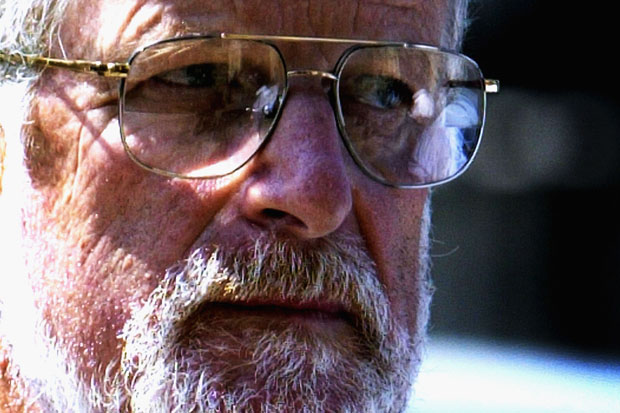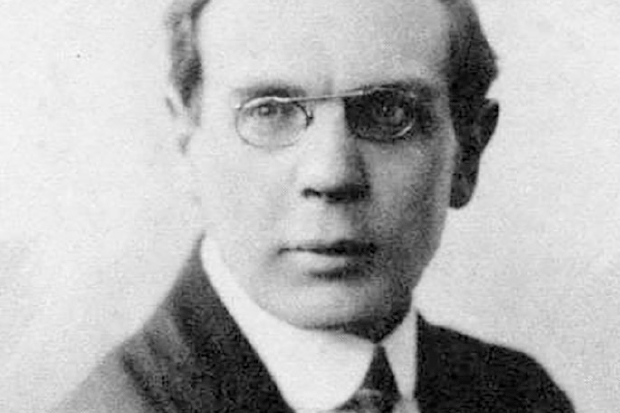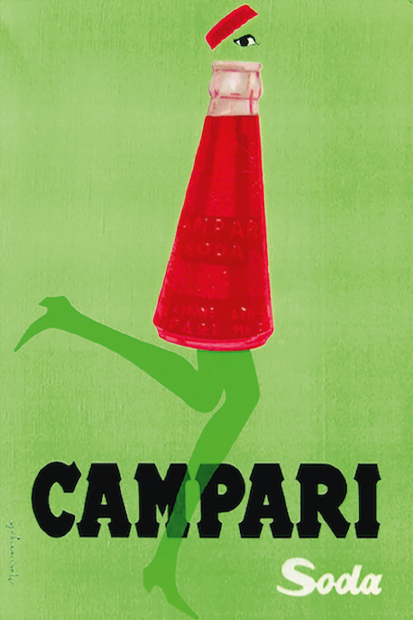When Rachel, one of the unreliable narrators of Number 11, wants to ‘go back to the very beginning’, she starts with the death of Dr David Kelly, the former United Nations weapons inspector, discovered dead in woodland on Harrowdown Hill in Oxfordshire on 18 July 2003, shortly after casting doubt on the government dossier that claimed Saddam Hussein possessed weapons of mass destruction.
Rachel was ten at the time, staying with her grandparents and school friend Alison in the nearby village of Beverley. For the next ten years — during which she gets into Oxford from a state school, graduates with a 2:1 in English, and becomes a private tutor for the offspring of the superrich — Rachel thinks about Kelly’s death often. Her grandparents made it clear ‘that this was not an ordinary death, that it would have consequences, send ripples of unease and mistrust throughout the country. That Britain would be a different place from now on: unquiet, haunted.’
Number 11 is a bitter satire on unquiet Britain: a country where food banks have become common, libraries are becoming extinct, sadistic reality TV shows dominate the media and the craze for basement conversions is literally undermining London. The novel has five interlinked sections through which spiders, the number 11, and some of the characters from Coe’s earlier satire of Britain in the 1980s, What a Carve Up! (1994), recur.
Academe comes off badly. Rachel’s tutor at Oxford, Laura Harvey, leaves to become Professor of Contemporary Thought at UCL, where she is a member of the Institute for Quality Valuation, attempting ‘to quantify things that have traditionally been thought of as unquantifiable. Feelings, in other words.’ Her algorithms allow her to calculate that the discovery of 25 skeletons from the 14th century during the digging for Crossrail, ‘probably adds 1.2 million pounds to the value of London as a whole’. Laura knows she has ‘done a deal with the devil’ and is ‘dealing with people who have no notion at all that something is important unless you can put a price on it’.
Culture comes off badly too. The steering committee of the Winshaw Prize wants it to be the ‘ne plus ultra of cultural accolades’, open to paintings, sculptures, videos, installations, novels, films, poems, ballets, operas, pop songs and advertising campaigns. Irritated by the column inches still devoted to other prizes, Winshaw’s steering committee decides to reboot it as ‘an über prize, for the best prize’ and there is no need to announce the criteria for judgment, ‘since the fundamental meaninglessness of the comparison would be the whole point’. In 2013, the Literary Review Bad Sex Award wins the Winshaw Prize. ‘Being embarrassed about sex is one of the few things we’re still world leaders at, these days,’ comments the veteran newspaper editor Sir Peter Eaves.
Smouldering behind the raucous and ridiculous fun is Coe’s political anger and erudition. He quotes William Cowper’s ‘The Task’ (1785): ‘Yet what can satire, either grave or gay?… What vice has it subdued? What heart reclaimed/ By rigour? Or whom laughed into reform? Alas! Leviathan is not so tamed.’ Number 11 is not a simple sequel to What a Carve Up! It deepens and affirms Coe’s reputation as the best English satirical novelist of our times.
Got something to add? Join the discussion and comment below.
Get 10 issues for just $10
Subscribe to The Spectator Australia today for the next 10 magazine issues, plus full online access, for just $10.
Available from the Spectator Bookshop, £14.44 Tel: 08430 600033. Ruth Scurr’s latest book is John Aubrey: My Own Life.
You might disagree with half of it, but you’ll enjoy reading all of it. Try your first month for free, then just $2 a week for the remainder of your first year.














Comments
Don't miss out
Join the conversation with other Spectator Australia readers. Subscribe to leave a comment.
SUBSCRIBEAlready a subscriber? Log in